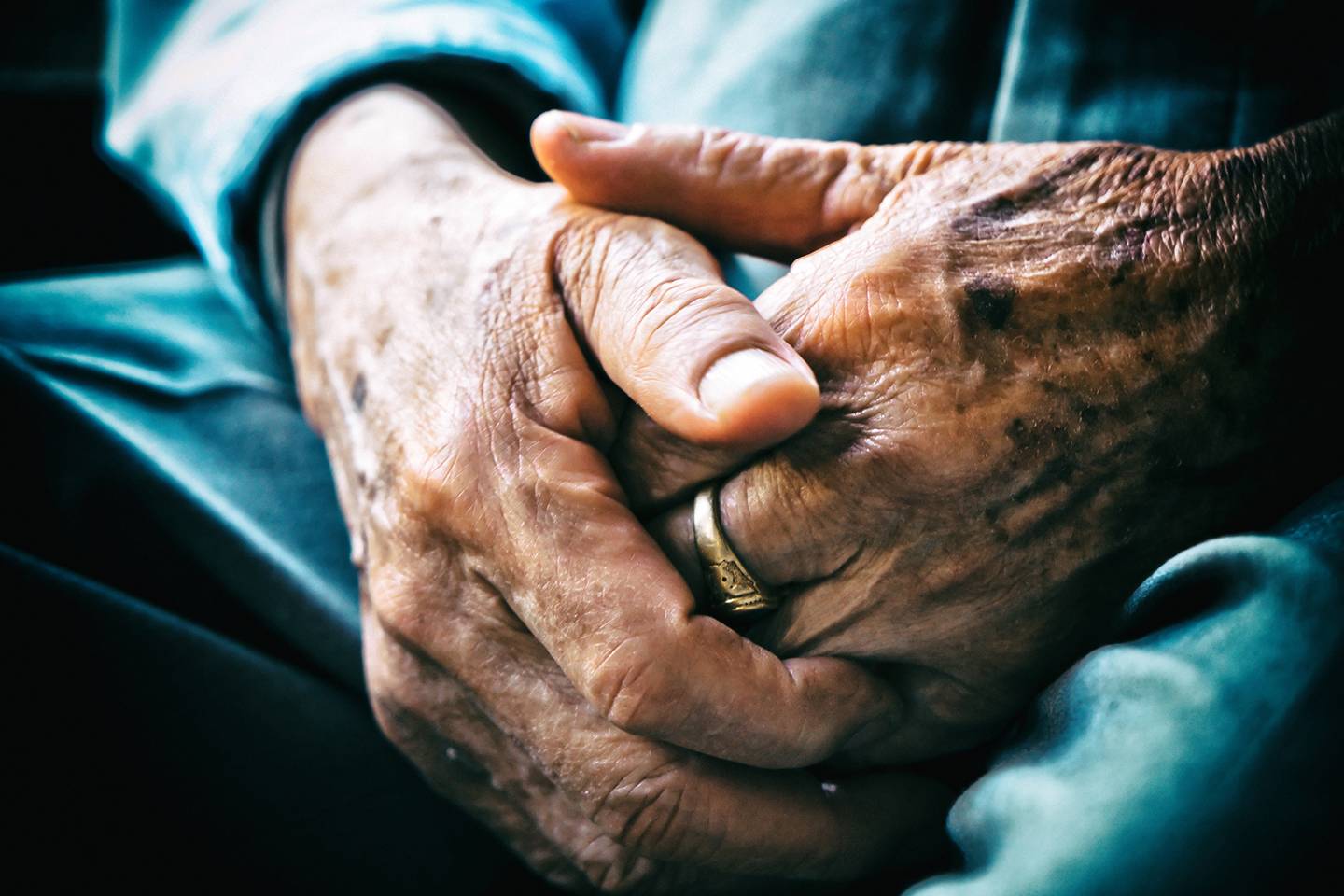Already struggling to make ends meet before the pandemic, our older population is being hurt yet again by the financial crash.
Everybody knows the coronavirus is especially deadly for seniors, but financial experts say its repercussions for America’s elderly extend far beyond the mortality rate. While neighborhood groups and local businesses can coordinate grocery runs and find other ways to protect seniors from the virus, it can be difficult to find resources to shield retirees and others from the pandemic’s economic toll.
“A lot of times older people get left out of [economic stories] because it’s like, ‘Well, they’re older and most of them aren’t really working anyway, and this is really largely about working-age people,’” says Jan Mutchler, director of the Center for Social and Demographic Research on Aging at the University of Massachusetts Boston’s Gerontology Institute. “Which is true, but that doesn’t mean older people aren’t being impacted.”
By the end of the summer, an estimated 28 percent of Massachusetts residents age 60 or older expect to lose income — that would work out to nearly 500,000 people in all — according to a study released by the Gerontology Institute in July that measured the economic impact of COVID-19 on older adults. Analyzing data from the US Census Bureau, Mutchler and her coauthors found that the problem is particularly acute for Massachusetts residents ages 60 to 69, about half of whom had already been affected at the time of the survey.
A significant portion of Massachusetts’ older population was already struggling to make ends meet even before COVID-19 tilted the world on its axis. In a damning November report, “Living Below the Line,” Mutchler found that unmarried seniors in Massachusetts, which has the fourth-highest median household income in the country, are more likely to face economic insecurity than those in any other state. The report found that more than half of Massachusetts’ single older adults were having trouble covering expenses such as health care, housing, and bills.
Nationally, COVID has dealt a devastating economic blow to workers over 55. A new study by the New School’s Retirement Equity Lab reports that 2.9 million older workers left the labor force between March and June. That’s 50 percent more than at the same point in the Great Recession of 2008. When people over 55 lose their jobs, their employment prospects are considerably more limited than those of a younger worker, says Siavash Radpour, the associate research director of the Schwartz Center for Economic Policy Analysis at The New School and coauthor of the report. When an older worker gets laid off, he or she is usually forced to take a pay cut of 25 to 40 percent if rehired, Radpour says. In 2015, someone over 40 who lost a job typically faced 10 more weeks of unemployment than someone younger than 40. And during a pandemic, it’s surely even more difficult for older workers to get rehired.
Older workers typically have a lower unemployment rate than younger ones because they have tenure and experience that shields them against crises. But that’s no longer the case. With COVID, “For the first time, older workers have a higher unemployment rate than those who are 35 to 54,” Radpour says. Experts say some employers don’t like to hire older people because they’re perceived to have higher health care costs. “As a result, you see that working longer is becoming less of an option for older people.”
The New School report anticipates that 4 million Americans will be pushed out of the labor force and likely into early retirement by November if the economic crisis continues on its current trajectory. Many in this generation bought their homes at the peak of the housing bubble and are still paying off their mortgages. If they can’t work, they may be pushed into poverty. They’ll certainly have less purchasing power, which will further exacerbate the recession.
What can we do? One answer, easier said than done, is to increase government spending. A single-payer Medicare for All system championed by progressive Democrats would make older workers more competitive in the job market. Moving to a single-payer system would eliminate that disadvantage and ensure access to health care for the rising numbers of unemployed.
As Radpour puts it: “Someone who’s worked 30 years should not face poverty in retirement.” The descent of seniors into economic hardship won’t just cripple the economy — it will represent a profound betrayal of the American dream.
By Etelka Lehoczky, a freelance writer in Chicago. For more: https://www.bostonglobe.com/2020/08/26/magazine/looming-economic-crisis-americas-seniors/ Updated August 26, 2020, 11:09 a.m.
